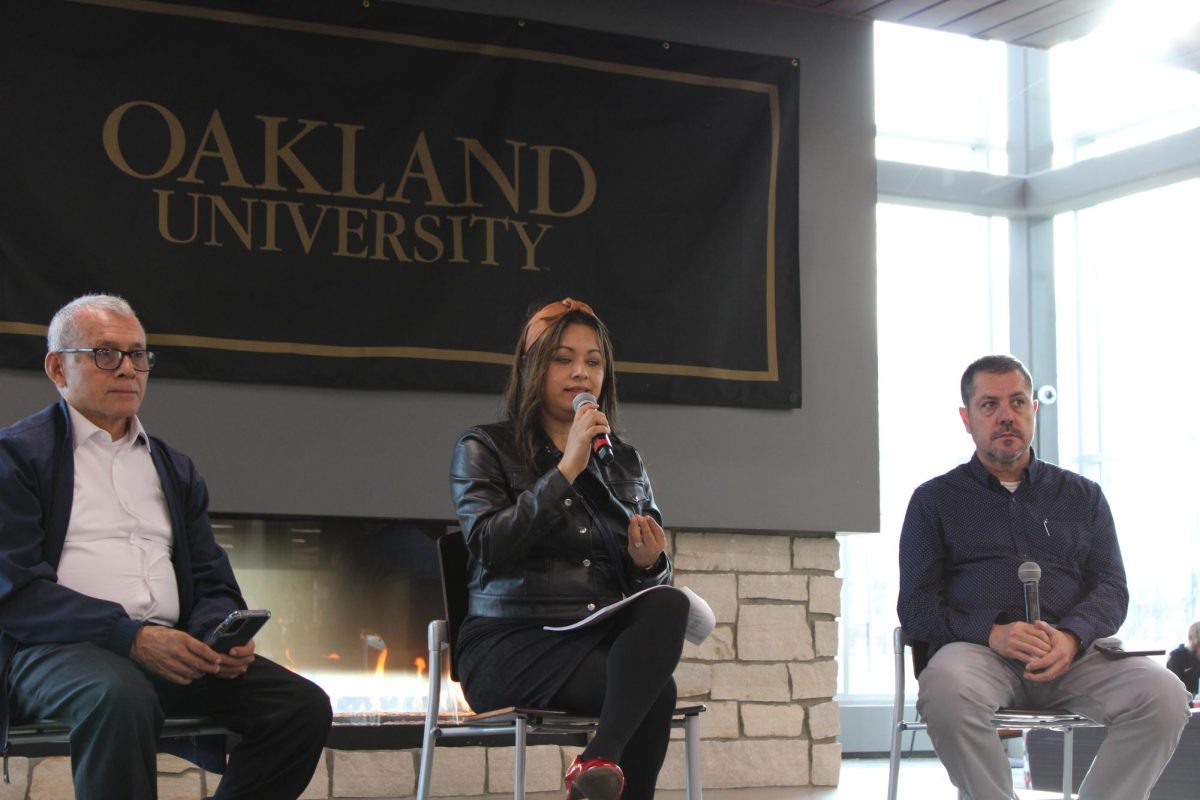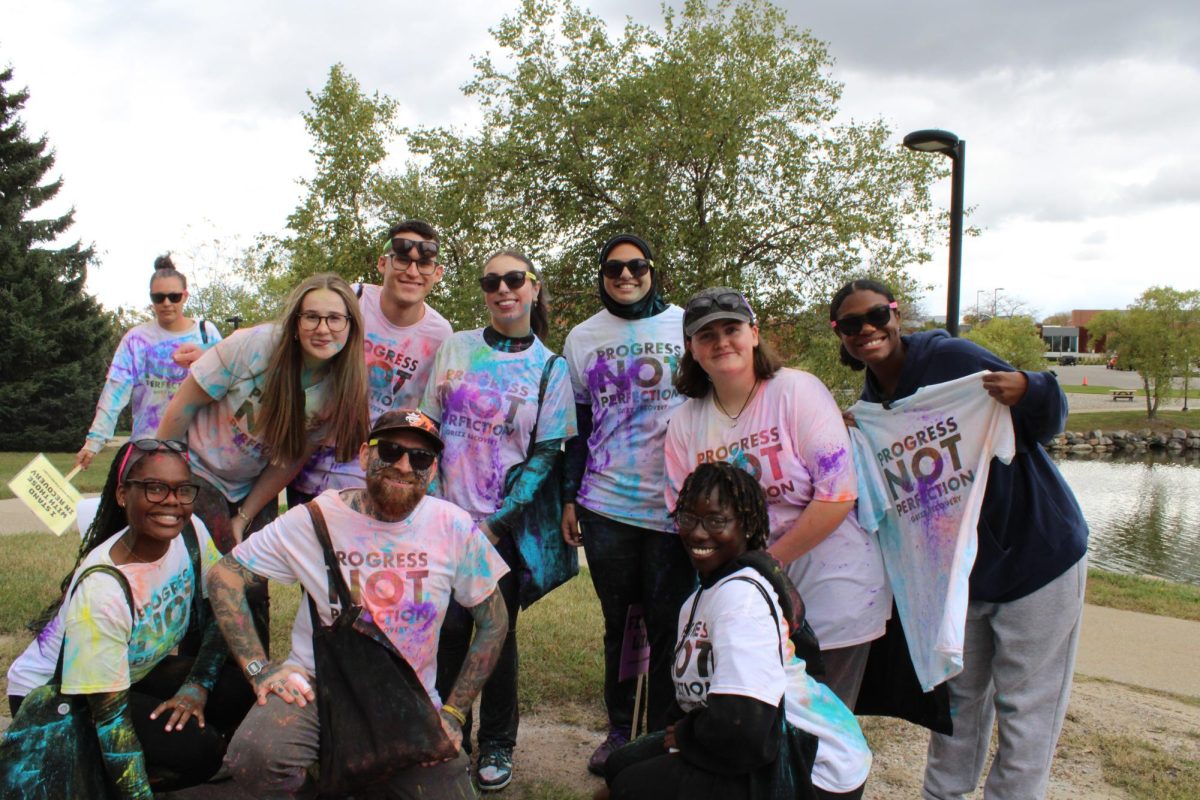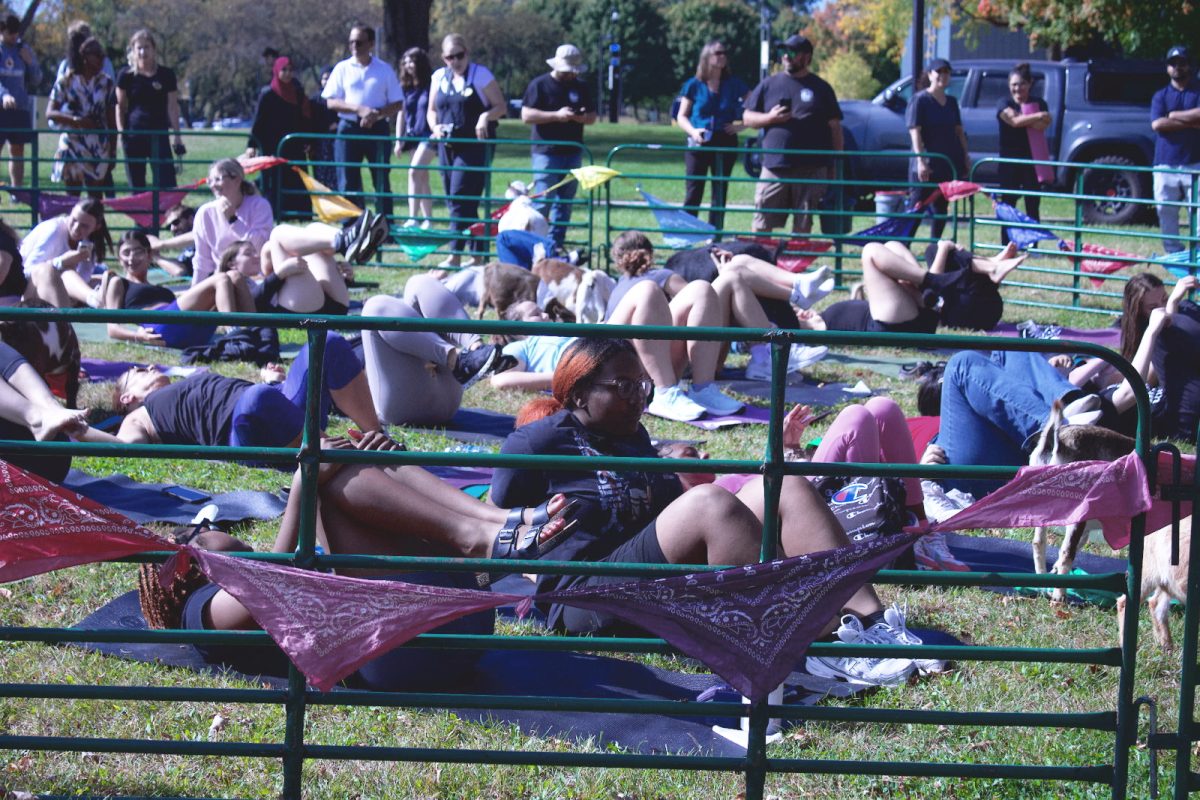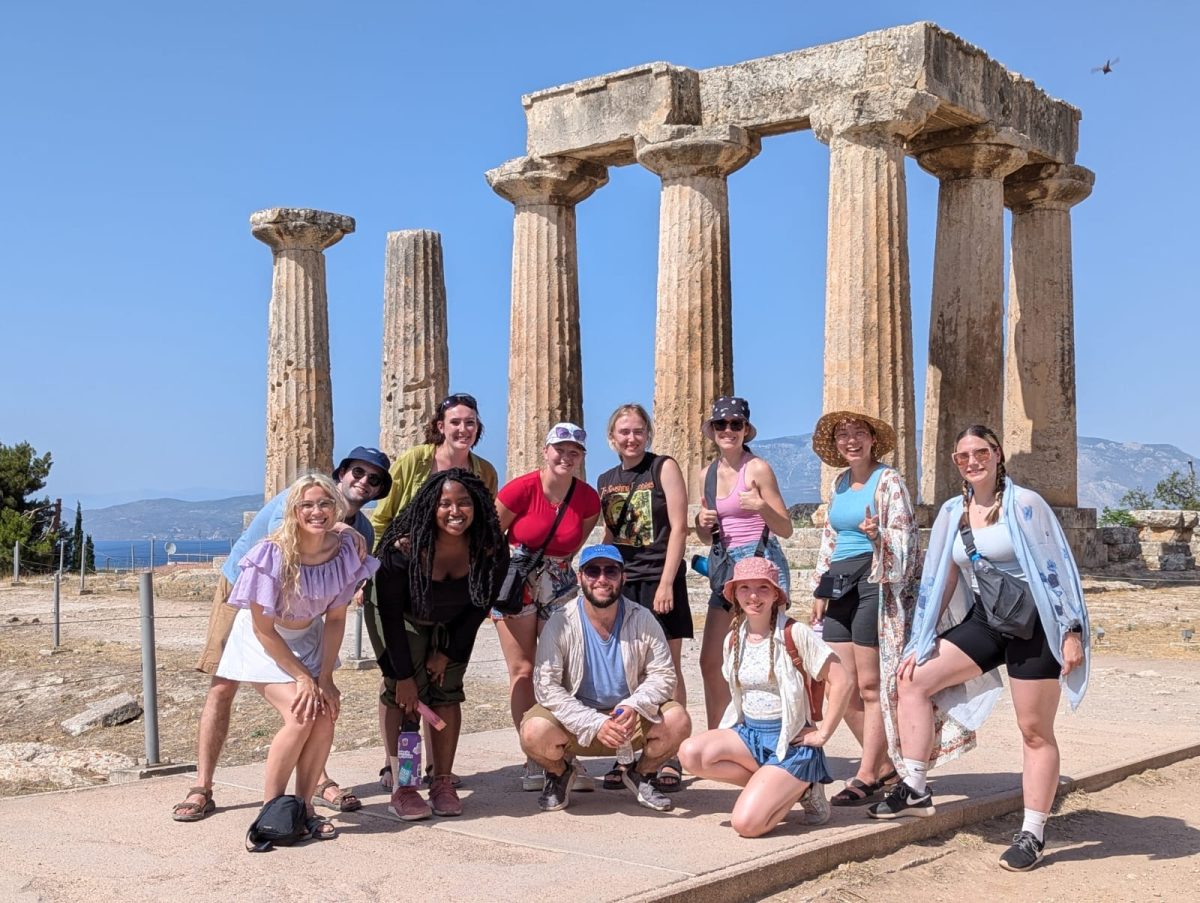From El Salvador, human rights defenders came to Oakland University to discuss the current state of human rights abuses and the efforts to alleviate the state of emergency that has lasted over two years.
“In El Salvador, we have been fighting to overcome a phenomenon known as ‘the gangs,’” Ingryd Escobar, Socorro Jurídico Humanitario (SJH) director, said. “However, none of the governments have given a proper solution to this problem. The same can be said for the government of Nayib Bukele which hasn’t been an exemption to the rule and in some ways, it can be said the problem has increased.”
In 2019, El Salvador had 20 to 25 daily murders, but when Bukele took office, the rate decreased after a truce was established between the government and the gangs. However, the peak point of criminality was on Mar. 27, 2022, with a total of 85 killings in a single day.
“The government created a possible, semi-solution that we know as the state of emergency, although the state of emergency was created to address the gang problem it has also affected innocent people,” Escobar said. “Around 83,9000 Salvadorians were captured over 32 months of the state of exemption. According to our organizations, in 30% of the cases, there are reasons to believe that they are not associated with gangs in any way.”
The reasons for these detentions go from having tattoos or criminal records to having economic disputes or being part of a working union. A crackdown on oppositional narratives and daily incarceration quotas that the police have to fulfill have led to an estimated 25,000 innocent people incarcerated.
“The government of Nayib Bukele has disbanded the constitutional court, the Supreme Court in El Salvador, this is why it has been hard for us to gain traction in this issue,” Escobar said. “Despite the obstacles and the difficulties, SJH has been able to free at least 52 people and we’ve been able to get horrifying testimonies about what really goes on within the detention centers.”
Systemic beatings, psychological torture, disease, lack of food, denial of medical services and clandestine graves are common in the massive detention centers, Oscar Rosales said. Of the 330 diseases officially recorded, it is estimated that three times the number have been eliminated through clandestine graves and a lack of transparency.
“We have exhausted due process at the national level, and it hasn’t worked,” Escobar said. “We have the international framework which is the International Republic Act and while we are in those protection systems like the OAS [Organization of American States] or the U.N. we need to exhaust those mechanisms.”
The attorneys explained that aside from speaking at universities in the U.S., they intend to talk with U.N. representatives to openly denounce the Salvadorian state of emergency.
“Of the 330 deaths inside the detention centers, we know of 4 children,” Rosales said. “The call is to academia, to conduct research on the current state of human rights in El Salvador since 2022, study regimes, the acts of government and the causes and effects that led to the state of exemption.”
After a thirty-minute presentation and a bilingual Q&A session, Escobar made a last call to students interested in human rights advocacy.
“With college students, it is important not to stick with propaganda. Propaganda sells but reality surpasses fiction,” Escobar said. “Propaganda sells so much that the world buys it and legitimizes Bukele’s government and that can be counterproductive for our society as it can become a permanent regime, authoritarian, neo-fascist.”
College of Arts and Sciences Dean, Elaine Carey highlighted the local importance of the conversation amongst a polarized political climate in the United States.
“The Oakland Community can learn a lot about the impact of violence, the violation of constitutional law and international human rights because we’re hearing similar rhetoric in certain sectors in the United States,” Carey said. “This actually provides us a lesson; this is why it was so important for Ingrid Escobar and Oscar Rosales to come to Michigan.”







